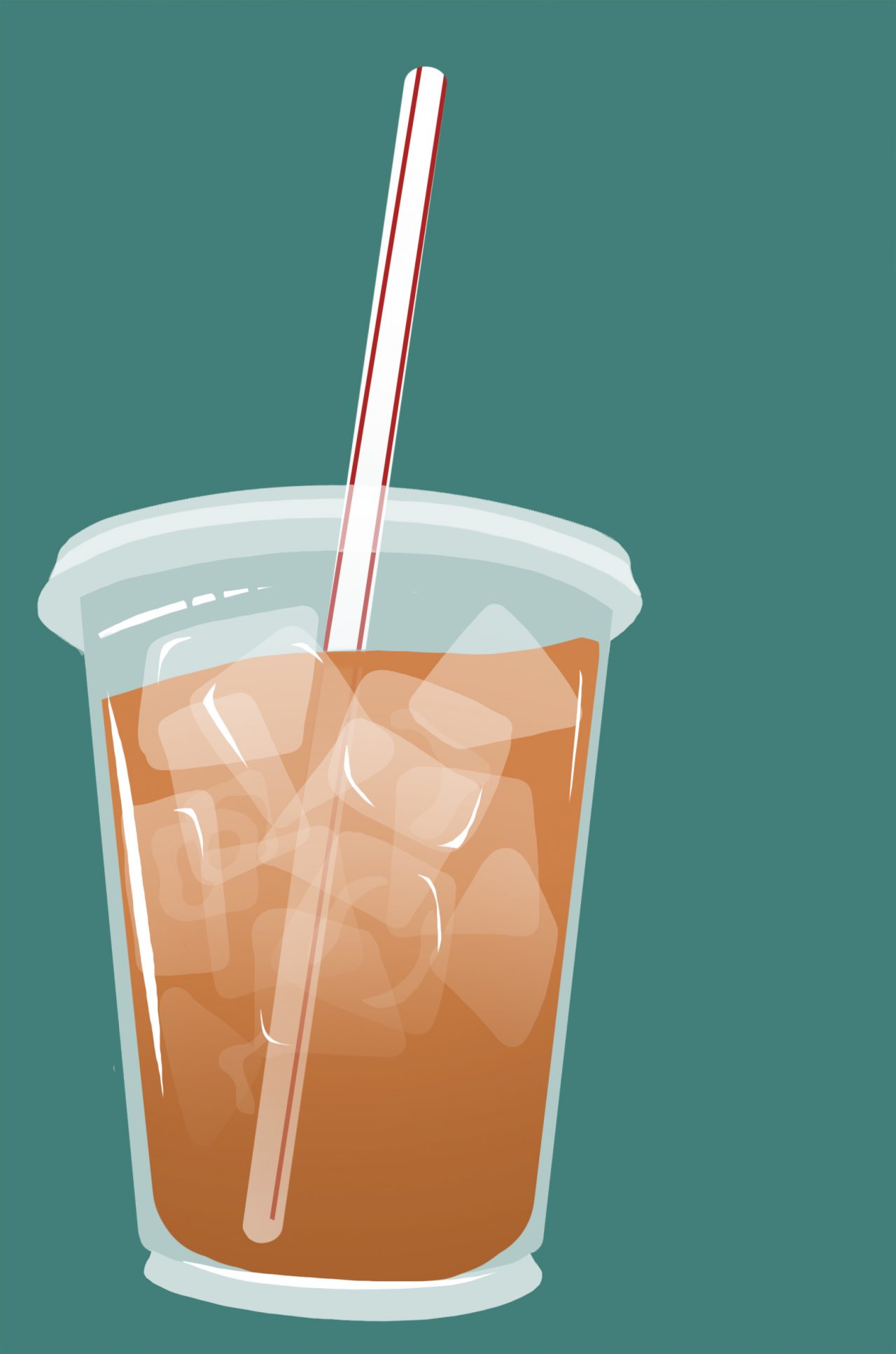Illustration by Andrea Nebhut
Every so often, I reach for a plastic straw at my local coffee place and get a judgmental look from that one person who caught me, or I ask for a straw with my drink at a restaurant, and the waiter gives it to me with a glare as if to ask whether I really need that straw, or if I just like killing cute sea turtles. Yes, I really do need the straw, and no, I don’t like the idea of that straw ending up in a sea turtle’s nose. I need a straw because whenever I try to lift a drink all the way up to my mouth, my shoulder dislocates, but when I have a straw, the strain on my shoulder is minimized and I don’t have to lift the drink up as far. I’m just one example of why straws are important, and one of many disabled people who need straws in everyday life.
Over the past year there have been numerous proposals made on company, county and state levels to ban plastic straws. I’m sure most people have seen the horrific video of the straw being pulled out of a sea turtle’s nose. Along with the growing movement to fight climate change, this video and others like it have sparked an outrage among viewers to combat the use of single-use plastics, specifically straws.
While environmentalists may have good intentions while pushing for straw bans and encouraging people to go strawless, they neglect to look at the bigger problems and the potential harm that they may be doing. According to National Geographic, while straws may seem like an easy thing for people to get rid of, and a quick and efficient way to help the environment, in reality straws only create 0.025 percent of total ocean pollution from plastic items.
Besides the fact that straws make up a small minority of ocean pollution, the burden placed on disabled people to not use straws is beyond ridiculous. Bendable straws were first invented and implemented for people in hospitals so that they could drink in their beds while laying down. Straws aren’t just needed for drinking — certain medications must also be taken with a straw. However, with straw bans, many people ask, “Well, why don’t they (disabled people) just ask for a straw if they need one?” But often people with invisible disabilities like epilepsy, Tourettes, Ehlers-Danlosnand fibromyalgia aren’t believed, and they end up not receiving a straw, or even facing doubt or discrimination when asking. Or they have to wait for a waiter to notice them to get a straw in order to drink their drink.
Others ask disabled people why they don’t just use one of the numerous alternatives to plastic straws like metal, paper, glass, silicone, acrylic, pasta, rice, bamboo or biodegradable straws. However, disabilities affect everyone differently: even two people with the same disability will have different symptoms presenting at different levels of severity. What works for one person will not work for another, and for some disabled people straw alternatives may even be dangerous or impossible to use. For example, one disabled woman died in November 2018 after collapsing and accidentally impaling herself on a metal straw. Many of the alternatives are not allergy friendly. Others are too expensive, especially for people who rely on Social Security Disability as their primary income. Or people may not be able to reliably clean the reusable alternatives, which could lead to exacerbated illnesses, especially in those with weakened immune systems. While some people with disabilities may be able to go strawless or use some of the straw alternatives, the assumption of environmentalists that everyone should go strawless and needs to go strawless is quite frankly ableist and fails to account for those who aren’t able to do so.
By calling for plastic straw bans, environmentalists place the burden for accessibility onto disabled people — who might not have the ability to plan ahead at all times, have the ability to buy the more expensive straw alternatives, or have the ability to use clean reusable options. Accessibility and disabled people are often left behind in the debate to help the planet, and this shouldn’t be the case, as disabled people are among the marginalized groups who will be the first to face the brunt of climate change.






